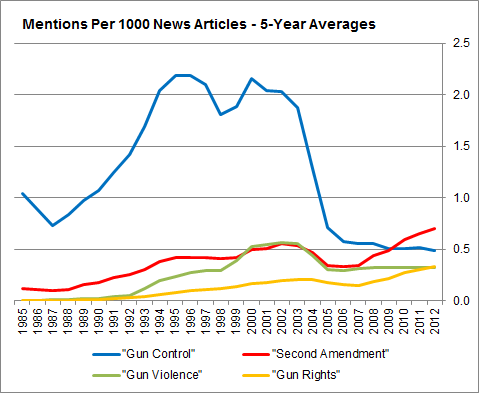Anthony Gardner, "Absurd Persons Plural", The Economist 12/12/2012:
Earlier this month I went to a lecture by the American novelist Richard Ford. Called "Why novels are smart", it was brilliant and thought-provoking. But my thoughts were also provoked by the British academic who introduced him, commending—among other things—his "prose styles".
Now, Richard Ford is without doubt a great stylist; but he only has one style. He has honed it over many years, and having brought it pretty much to perfection, he very sensibly sticks to it. So why this mysterious use of the plural?
The same question might have occurred to those listening that morning to BBC Radio 4’s "Start the Week". In the course of a discussion about Germany, one panelist referred to the country’s "pasts". I suppose you could argue that, since the country was divided for 40 years into East and West, it has two pasts—but that strikes me as sophistry. The sorry truth is that we are facing a new linguistic fad: the use of the plural where the singular has always been used before, and indeed would make much more sense.
Specifically, we’re talking about abstract nouns. I first noticed the shift a few months ago when another speaker on Radio 4 came out with "geographies". For a while I thought it might be confined to academia; then I realised that it was creeping into the high-faluting vocabulary beloved of arts organisations. One spoke proudly of its "artistic outputs" and what the public wanted "in terms of outcomes".
Read the rest of this entry »

